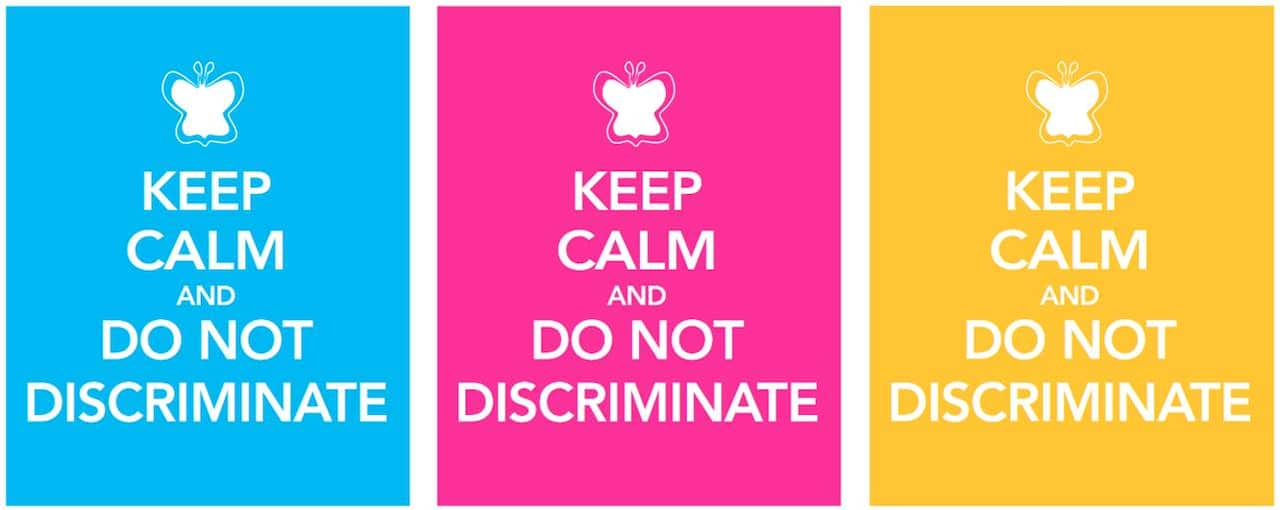Discriminatory attitudes are a big factor in why human rights abuses happen. Too many people around the world face unequal treatment because of their race, religion, nationality, sexual orientation or identity, disability, gender or age. Stand up for #zerodiscrimination! Celebrate Zero Discrimination Day on 1st of March.
According to the United Nations AIDS (UNAIDS), everyone will have experienced discrimination of some kind during their lives; however, non-discrimination is a human right. Equally, states and individuals have a legal obligation not to discriminate.
Discrimination has many forms, from racial or religious discrimination to discrimination based on gender, sexual orientation or age, and to bullying at school or at work. In only three out of 10 countries worldwide do equal numbers of girls and boys attend upper secondary school, and people living with disabilities are nearly three times more likely to be denied health care than other people. The United Nations Human Rights Committee, which supervises and monitors implementation of the International Covenant on Civil and Political Rights has described discrimination in the following terms in on Non-Discrimination:
The United Nations Human Rights Committee, which supervises and monitors implementation of the International Covenant on Civil and Political Rights has described discrimination in the following terms in on Non-Discrimination:

#Zero discrimination day (UNAIDS) Source: UNAIDS
“... the Committee believes that the term "discrimination" as used in the Covenant should be understood to imply any distinction, exclusion, restriction or preference which is based on any ground such as race, colour, sex, language, religion, political or other opinion, national or social origin, property, birth or other status, and which has the purpose or effect of nullifying or impairing the recognition, enjoyment or exercise by all persons, on an equal footing, of all rights and freedoms.”
To mark Zero Discrimination Day, Monash Univerity's Castan Centre for Human Rights Law is releasing this satirical video with an important message: discrimination isn't always blatant, but it's almost always harmful.
